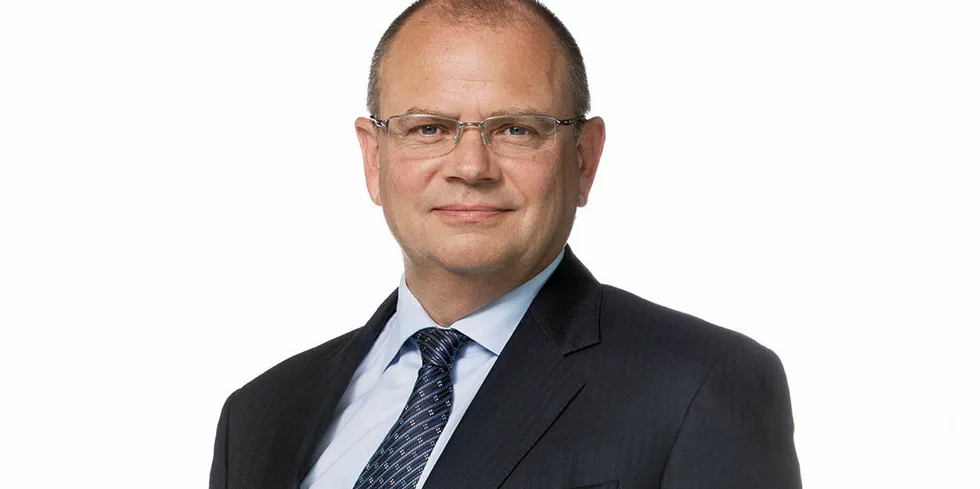Vestas CEO: 'Now is the time to ensure we accelerate sustainable solutions, for both climate and economy'
A global economic recovery from Covid-19 that isn't powered by renewables will lead the world from one crisis into another much worse, writes Henrik Andersen
